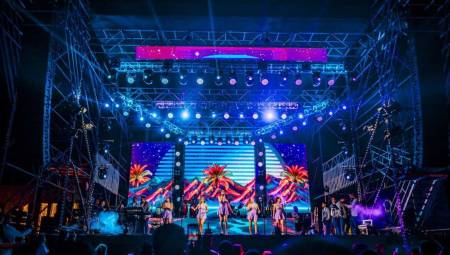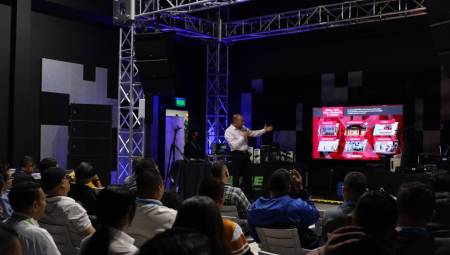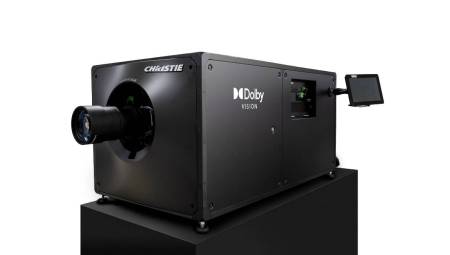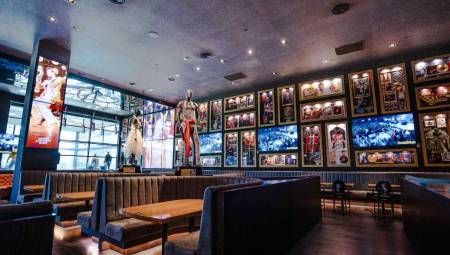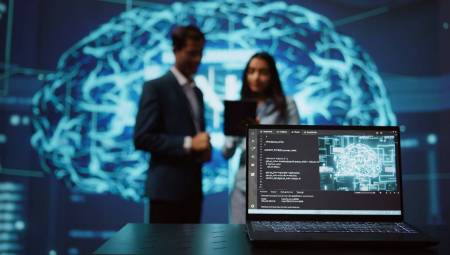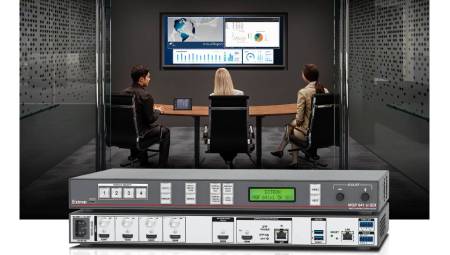Mexico. With the rise of the 2022 World Cup and the announcement of the inauguration of the celebration of the 2026 World Cup at the Azteca Stadium, new update projects have emerged in the main stadiums of Mexico. Therefore, Atlona points out that the request for solutions for smart stadiums will have an approximate increase of 500% in the coming years.
Locations such as the Omnilife stadium in Guadalajara and the BBVA stadium in Monterrey have seen notable changes in recent years derived from their digital transformation; which has led them to be part of the list of World Cup stadiums for 2026. On the other hand, venues such as the Azteca Stadium have reported on update projects that will begin in mid-2023, in order to cope with FIFA's request in terms of security, capacity, attendee management, transfer and data transmission.
 "Currently, there is a great area of opportunity in the field of sports stadiums in Mexico, since the main stadiums in the country require technological equipment capable of supplying the needs of attendees, workers and media. The main challenge for this world cup will be the acquisition of high quality functional solutions that meet these needs, "says Manuel Pineda, regional sales engineer of Atlona.
"Currently, there is a great area of opportunity in the field of sports stadiums in Mexico, since the main stadiums in the country require technological equipment capable of supplying the needs of attendees, workers and media. The main challenge for this world cup will be the acquisition of high quality functional solutions that meet these needs, "says Manuel Pineda, regional sales engineer of Atlona.
Smart stadiums respond mainly to security, commercial and process optimization needs. Therefore, in terms of security, the Audio and Video systems implemented in this type of venues allow greater control of the facilities, facilitating the management of attendees in different types of events.
Thanks to the application of facial recognition systems and the integration of AV systems with emergency protocols, it is possible to contribute to the prevention of crimes, identify and locate people; In addition to warning of possible situations of environmental risks such as earthquakes, hurricanes and tsunamis, allowing effective evacuation.
While, from a commercial perspective, smart stadiums make use of digital signage systems, composed mainly of audio and video solutions, which, in addition to providing useful information for attendees, function as an advertising space suitable for the sale of airtime, which contributes to the generation of income and facilitates the connection of brands with their audiences in an effective and ecological way, by not producing waste. On the other hand, thanks to the integration of all the systems that converge in a digital stadium, processes are simplified and resources are optimized, leading to considerable savings in operating costs.
According to the company specialized in AV, the main challenge for the digital transformation of stadiums in Mexico is the little progress in the application of new technologies such as Edge Data Centers, which allow the transfer and processing of information to meet the requirements of data transfer inside and outside the enclosure.
In addition, smart stadiums require a robust network infrastructure capable of coping with connection needs and the adversities of uncontrolled environments, such as weather, humidity and constant hardware manipulation, thus avoiding possible collapses in network services.
Restaurants and bars: other sports players
Some places destined for coexistence such as bars and restaurants have been affected by the lack of information in their digital transformation process; since, according to data from Atlona, 70% of the places that have audio and video systems (screens, speakers, satellite television, among others), tend to have problems related to connection, transmission and power supply.
"Therefore, the main recommendation for this type of establishment is to contemplate with the help of an expert, what will be the necessary solutions to cope with the needs of audio and video transmission in the business; since a small place will not have the same requirements as a restaurant or bar of greater capacity. The idea is to optimize cabling systems, data transfer modules and AV systems, in order to avoid any setbacks and promote a better experience for customers," concludes Manuel.
Analysis published by the company Atlona.






